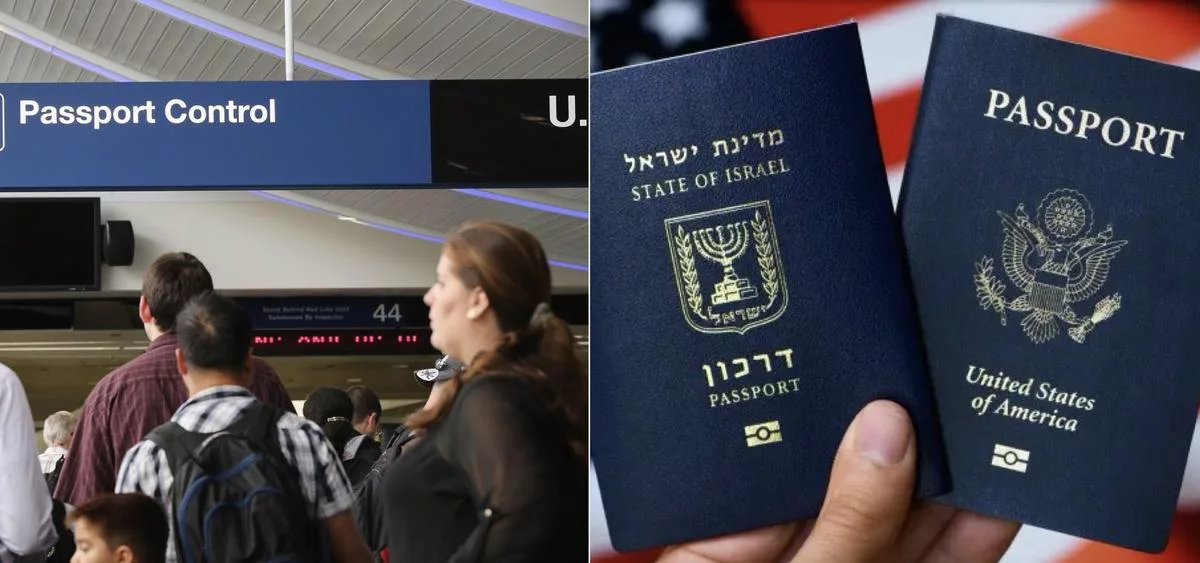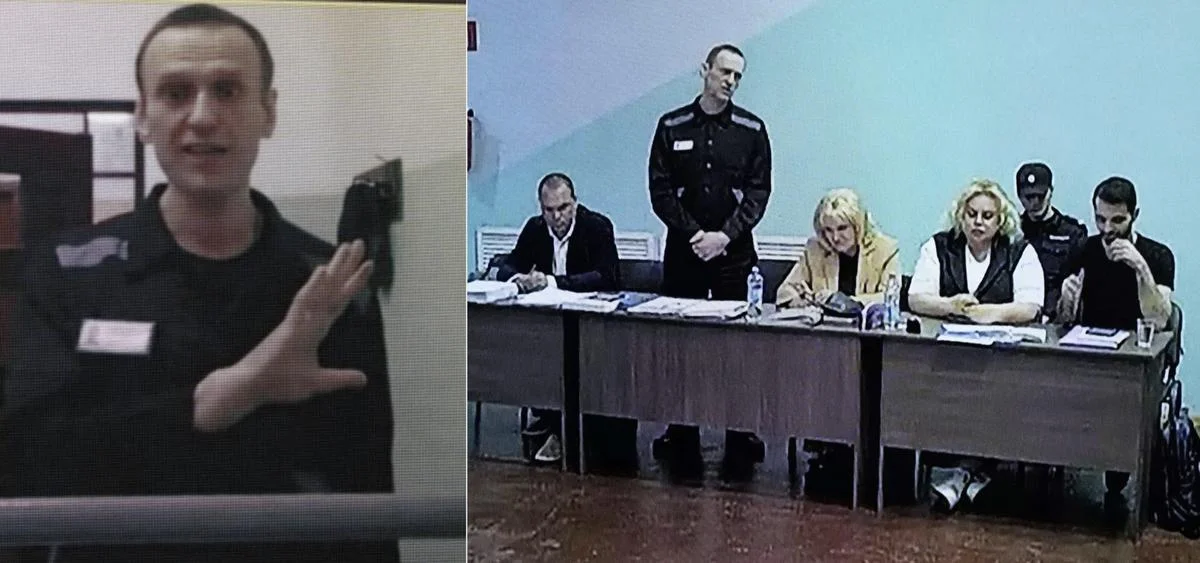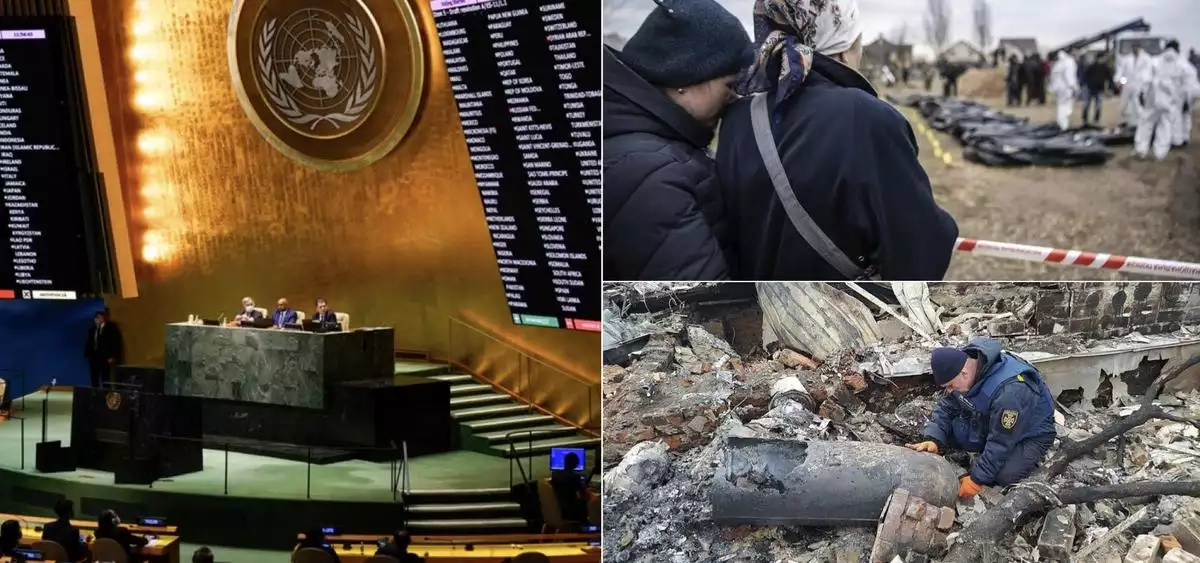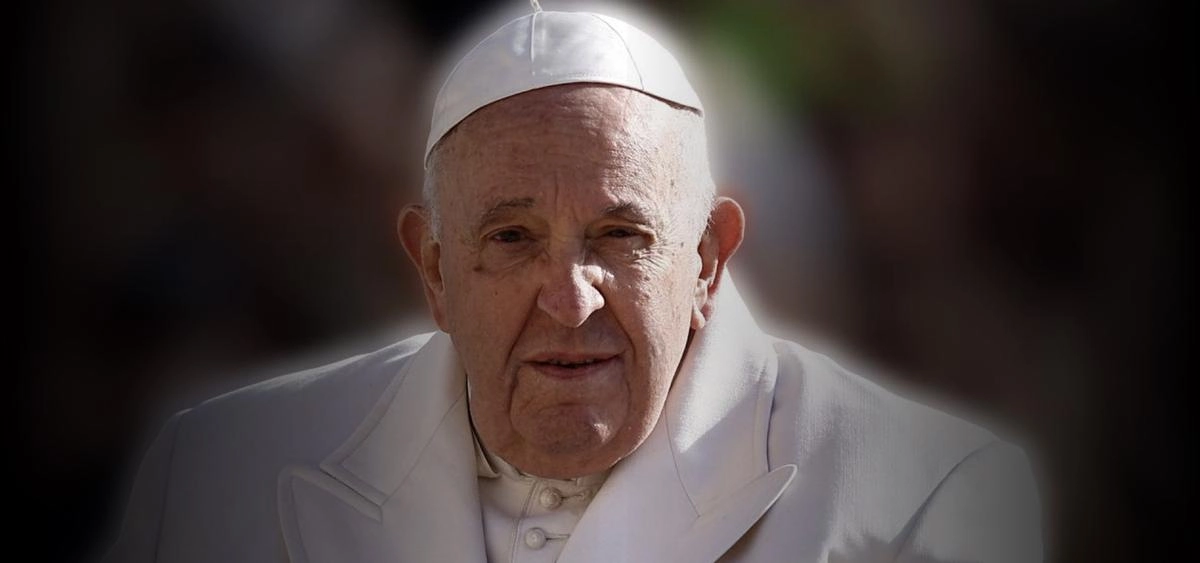Diplomatic fallout ensues as Israel’s disclosed meeting with Libyan Foreign Minister triggers concerns over regional relations, potential impact on Arab-Israeli normalization efforts, and US involvement
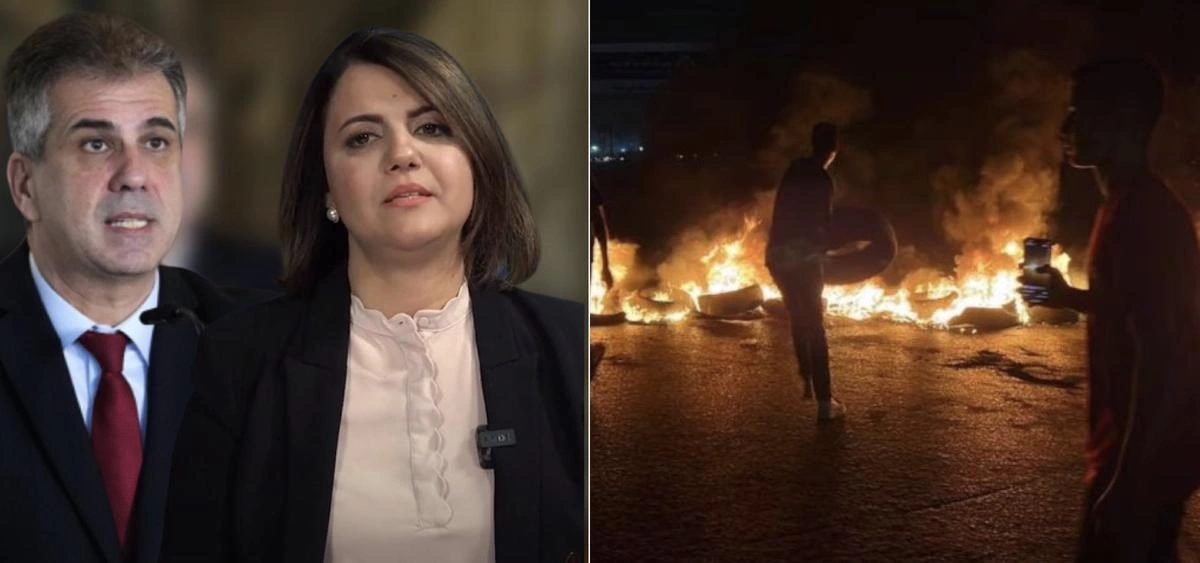
Credit: Google | On the left, Eli Cohen and Najla al- Mangoush | Ensuing protests following the disclosed meeting
A diplomatic storm has erupted as Israel’s revelation of a secret meeting between its Foreign Minister, Eli Cohen, and Libya’s Foreign Minister, Najla al-Mangoush, has ignited controversy on multiple fronts. The Biden administration has expressed its displeasure over the public disclosure, fearing the detrimental impact it could have on efforts to normalize relations between Israel and Libya, as well as on ongoing diplomatic initiatives with other Arab nations.
The revelation, initially intended to remain undisclosed, triggered outrage within Libya and raised concerns within Israel. The White House reportedly cautioned that this breach of confidentiality could discourage other nations from pursuing normalization with Israel. Furthermore, a vital communication channel between the United States and Libya concerning the recognition of Israel has been severed.
Libya's foreign minister fled to Turkey due to criticism following her meeting with Israel's foreign minister, which was the first encounter between the two countries.
— Middle East Eye (@MiddleEastEye) August 28, 2023
The meeting has triggered protests and led to an investigation into her actionshttps://t.co/72Sr1j4uC8
In response to Israel’s announcement, Libya swiftly reacted by firing Najla al-Mangoush for her involvement in the meeting, leading to political turbulence in both Tripoli and Jerusalem. Critics argue that Cohen’s publicizing of the meeting has tarnished foreign relations and jeopardized potential alliances, earning rebuke from officials across the political spectrum.
#Libya's Prime Minister suspended Foreign Minister Najla Mangoush after her undisclosed meeting with #Israel's Foreign Minister sparked protests in a country with no formal diplomatic relations with Israel
— Zoom News (@zoomnewskrd) August 28, 2023
📸: AA pic.twitter.com/qt2nPotWRb
The Israeli government faced internal backlash as well. Some government figures contended that the leak forced an early release of the news, while others questioned the wisdom of such a public move. Senior officials expressed concern that Cohen’s actions could deter Arab leaders from pursuing closer ties with Israel. The incident raised questions about Israel’s diplomatic judgment and reliability.
The Libyan Prime Minister, Abdul Hamid al-Dbeibeh, disavowed the meeting and underscored that there would be no normalization with Israel. Despite these developments, reports suggest that backchannel efforts were indeed in place to foster diplomatic relations between the two nations. The Libyan government’s denial of the meeting’s significance underscores the sensitivity of the situation.
This diplomatic episode comes at a crucial juncture, as the Biden administration has been diligently working for years to involve Libya in the Abraham Accords and establish normalized relations with Israel. The administration fears that this incident could undermine those efforts and cast a shadow over broader Middle East diplomacy.
In a region already marked by intricate political dynamics, the fallout from this revelation highlights the complexity of fostering diplomatic ties. As the situation continues to evolve, observers will be closely watching for potential ripple effects on Israel’s relations with other Arab nations and on U.S. national security interests in the region.
RELATED NEWS
WEB STORIES FOR YOU
Stay connected with Today On Globe for the latest Global Issues and News Updates.
Explore more related articles at [TOG News / TOG Article]













